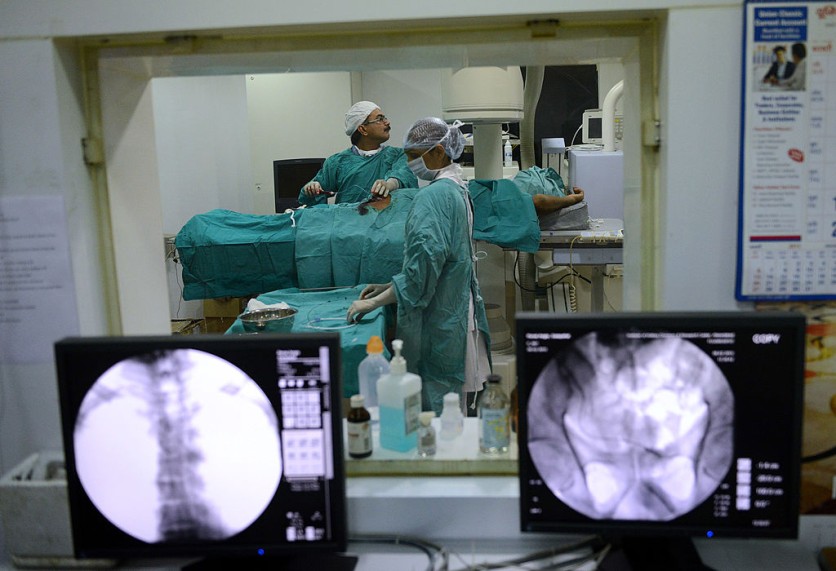Scientists have unveiled the most complete atlas of the human fetal kidney to date after examining the gene expression patterns of single cells from five fetal kidneys.
Medical Xpress reported that this groundbreaking research, set to be presented at ASN Kidney Week 2023 from November 1 to 5, aims to advance our understanding of kidney development and diseases.
Extensive Atlas of Human Fetal Kidney
The atlas, based on a total of 65,348 cells, provides a vivid portrayal of the journey cells undertake from their initial progenitor state to their ultimate mature forms.
This intricate map serves as a guide, outlining the various transitions cells undergo during fetal development. Moreover, it sheds light on distinctive properties associated with both common and rare genetic kidney disorders.

Dr. Jonathan Levinsohn, MD, PhD, of Children's Hospital of Philadelphia, emphasized their success in discerning cellular transitions and the influential genes driving these changes.
This enabled the creation of a detailed map illustrating various developmental stages, affirming that tubular cells stem from a distinct population, consistent with findings in mice.
They also uncovered pathways that had been theorized in humans but lacked definitive evidence. These pathways encompassed parietal epithelial cells, proximal tubule cells, and podocytes, according to Levinsohn.
Additionally, the study delves into the genetic underpinnings of rare kidney malformations. By scrutinizing specific genes linked to these anomalies, researchers pinpointed cell states that are more susceptible to abnormalities.
Read Also : SmartID: New Barcode System Allows Users to Check for Counterfeit Medicine via Smartphone
Heritability of Adult Kidney Traits
The investigation also touched upon the heritability of adult kidney traits, offering compelling evidence that certain fetal cell states may subtly influence kidney health later in life.
This extensive atlas will serve as a critical resource for the scientific community, paving the way for deeper insights into kidney development and associated pathologies.
By identifying the intricate cellular processes at play during fetal kidney development, researchers aim to unlock new avenues for the diagnosis and treatment of kidney-related conditions.
"We were able to identify cellular transitions and the genes that appear to push toward these transitions, making a map of developmental states and showing that tubular cells are derived from a separate population than podocytes, as has been shown to be the case in mice," Levinsohn said in a statement.
This research represents a significant leap forward in understanding the intricate mechanisms governing human kidney development and the potential implications for clinical practice.
Related Article : Researchers Develop 'Super Melanin' Cream That Could Revolutionize Skin Burn and Wound Treatment

ⓒ 2026 TECHTIMES.com All rights reserved. Do not reproduce without permission.




